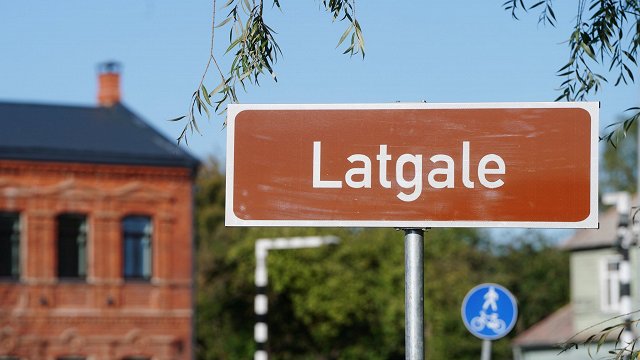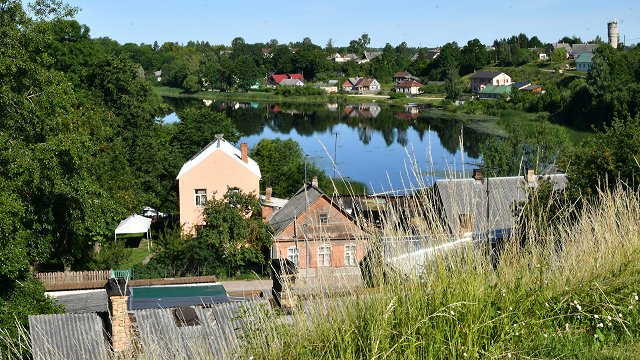Green Growth is a Latvian startup that provides food producers with the simplest way to track their harvest and provide proof of carbon capture, sustainability levels and crop origin. The essential data from machinery guides producers on how to reduce their use of fertiliser by up to 30 per cent and track the efficiency of their sustainability practices.
It was one of just three winners, alongside Proofminder, an AI-powered platform based in Hungary and Algebra Intelligence, a Jordanian startup specialising in optimising energy management.
"Winners were selected based on a variety of criteria, including the relevance of the problem that each company is trying to solve; the differentiation between its products or services and others in the market; the firms’ go-to-market strategy; their progress and traction; the experience of each team; and the firms’ financing," said the EBRD in an announcement.
The winning start-ups will get advisory support worth up to €80,000 through the EBRD’s Star Venture program. They will also receive a €10,000 grant for additional services, including mentoring sessions with growth experts, and opportunities for networking and visibility at global agrifood tech forums.
The startups pitched to three experts from EBRD: Natalia Zhukova, Head of Food and Agribusiness, Ervin Luga, Head of Venture Capital Investment Programme and Jelena Erker, Senior Banker; and to investors: Andrew D. Ive, founder of Big Idea Ventures, Jan Kobler, Managing Partner at South Central Ventures. The event was moderated by Nemanja Grgic, Associate Director, Corporate Sector Advisory at the EBRD.
The EBRD AgVenture programme supports early-stage businesses that are developing technology to make the agricultural and food industries greener and more sustainable. It aims to help tackle the major problems that food systems face, such as how to make food production more efficient, address climate change, and include target groups and small businesses in global value chains.






























